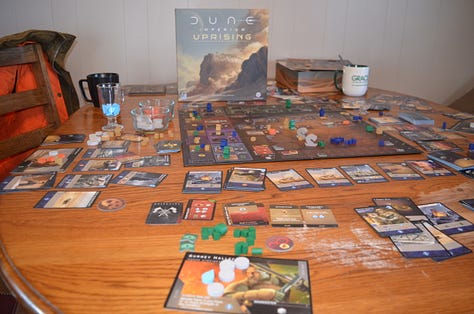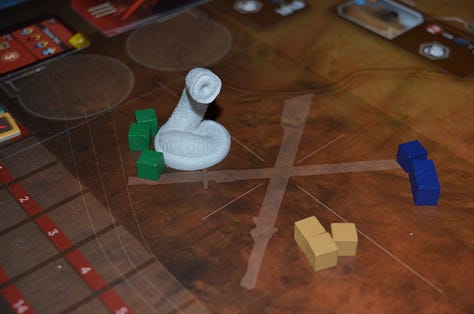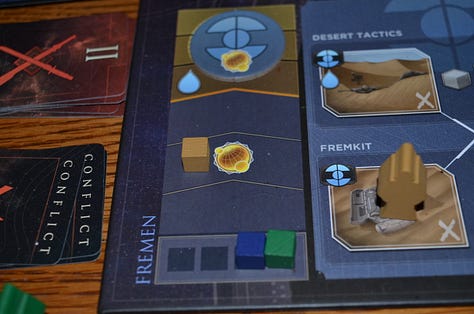A strategy is a pattern of play intended to produce optimal results. In gameplay, common forms of optimal results are high scores or fastest times that lead to a win. A strategy can also be a system to solve the plethora of problems that exist within a game. It can be more simply defined as the how to the what of any objective or goal. Strategies fall into a wide range of complexity. Simple strategies are easier to execute, but also easier to recognize & counter in competition. Complex strategies consist of a multitude of dependent elements, & if 1 fails, the whole system could collapse.
Strategies can be applied to every dimension of our lives. There may not always be an opponent to defeat, but conditions to overcome. Outdoor activities are strategized regarding the weather. Travel is strategized around time, distance, & traffic. When it comes to careers, strategies shift from logistical to social as you navigate the network of hierarchical relationships.
The complexity of strategy is determined by the design of the game. Pure luck games rely entirely on chance, usually in the form of dice or a spinner. Even with these games there is a social strategy involved in deciding when & who to play them with, since simple games work best with younger children. In this environment, the optimal result may not be a win, but maximum enjoyment with your audience. Your strategy’s focus can shift from maximizing scores & times to maximizing engagement & enjoyment. We’re all here to have a good time.



Heavier games like Dune Imperium - Uprising involve awareness of a multitude of mechanics. Spice is life in Dune, but running dry on water can become a huge problem trekking the Deep Desert. Winning conflicts could be the key to victory, especially if you got your hooks in to ride the sandworms to battle, which will double your bonus. Taking the sneaky spy route is another effective strategy to earn Victory Points from the political influence tracks. Strategies can shift like the desert sand in this game that plays in up to 10 rounds.
Follow me the on Quest to be the Best at WSBG.
Always be prepared to pivot in these complex strategy games. Adaptability is the key to survival. Savvy opponents sabotage stiff strategies. Consider this in your business & brand endeavors as well. Some supposed ally could be playing the sneaky spy strategy on you the whole time.
Effective strategies can be broken down to 3 core domains:
Awareness, Creativity, & Execution
Awareness: Read the Board
What moves are available at the time of your turn? What’s protected vs. what’s vulnerable on both your & opponents’ positions? This is a basic chess mentality that’s also successful in other abstract strategy games such as BOOP. In resource management games like Dune, you would also ask: What’s scarce? Also always be looking ahead with the question: What’s next?
Creativity: Manifesting the Victory
This is where strategy becomes art. Some of the greatest military commanders like Napoleon & Alexander drew their success by masterfully manipulating battles like symphony orchestra conductors. Even is classical games like Risk, the victor is often the 1 willing to defy convention.
Execution: Slay the Dragon
Finally, Execution is the ink that writes the story, or the blood in the case of our great generals. The greatest strategy in the world counts for naught if you crumble at those critical moments. Some savor these & earn the reputation of clutch, like Michael Jordan. Others end up in bars telling high school stories of that time that almost was.
We strategize our whole lives. We don’t have a class in school that explicitly teaches this. We play games at break or after school to passively pick up on it. Deliberately using games for this reason can take a more direct approach to these life lessons.








